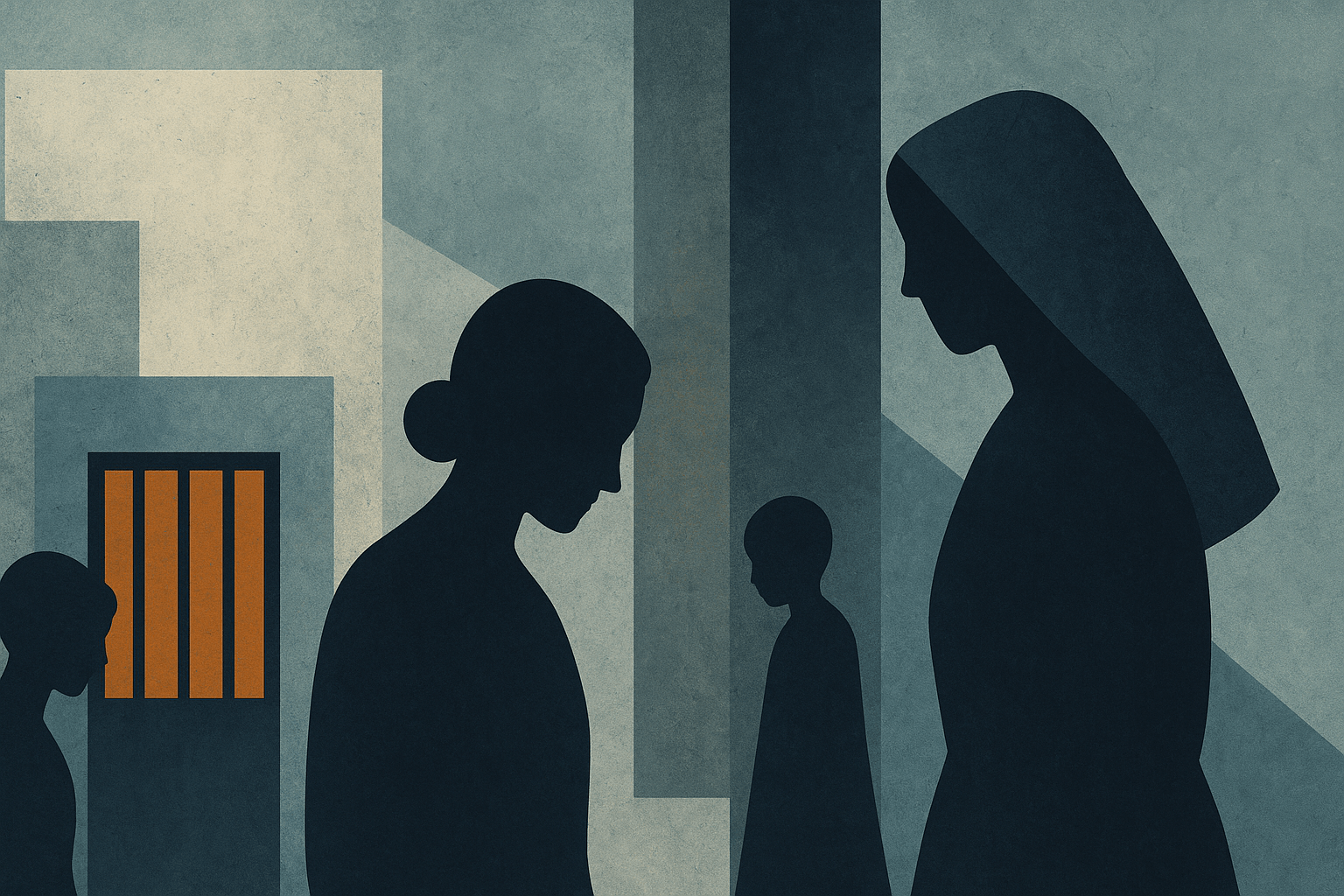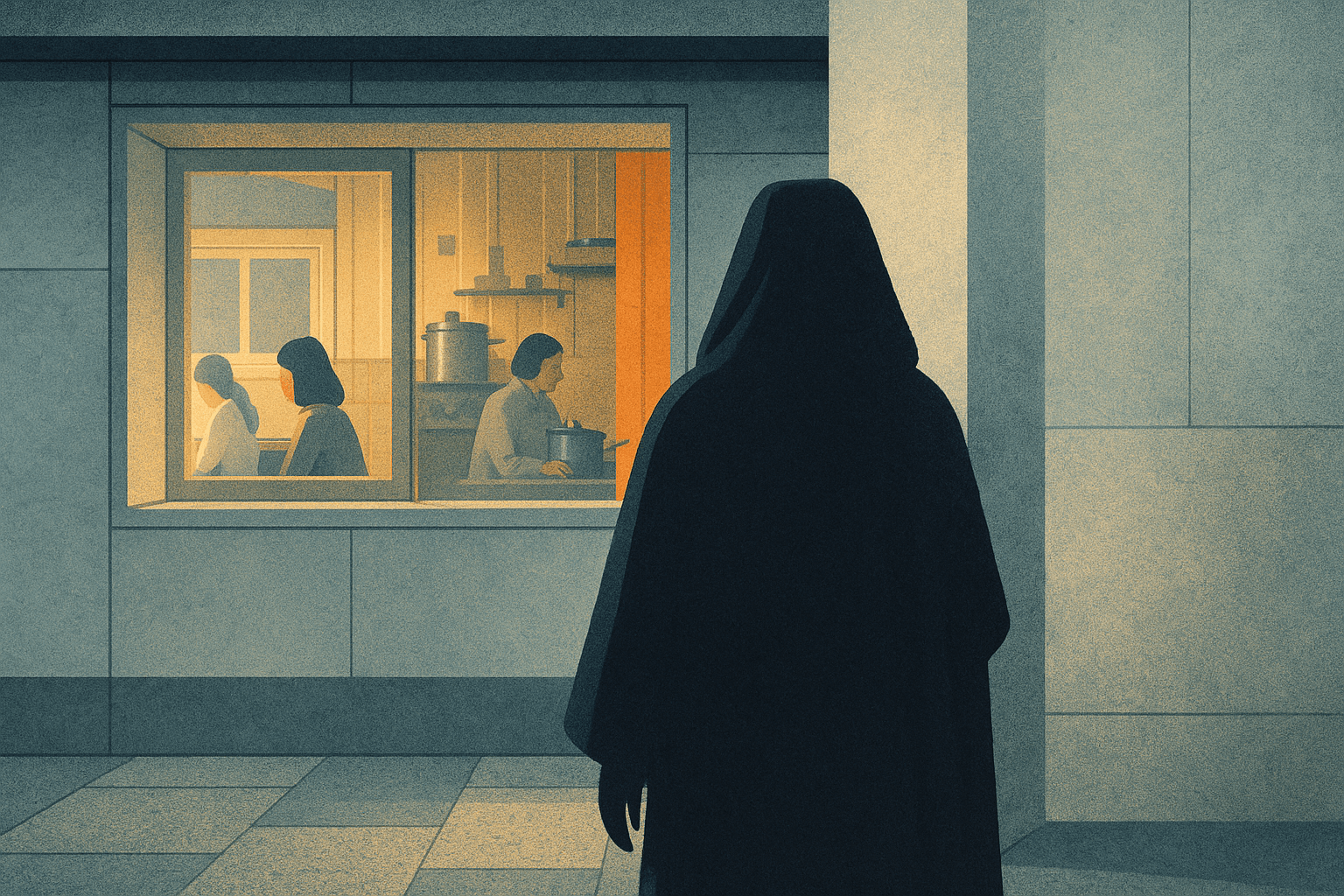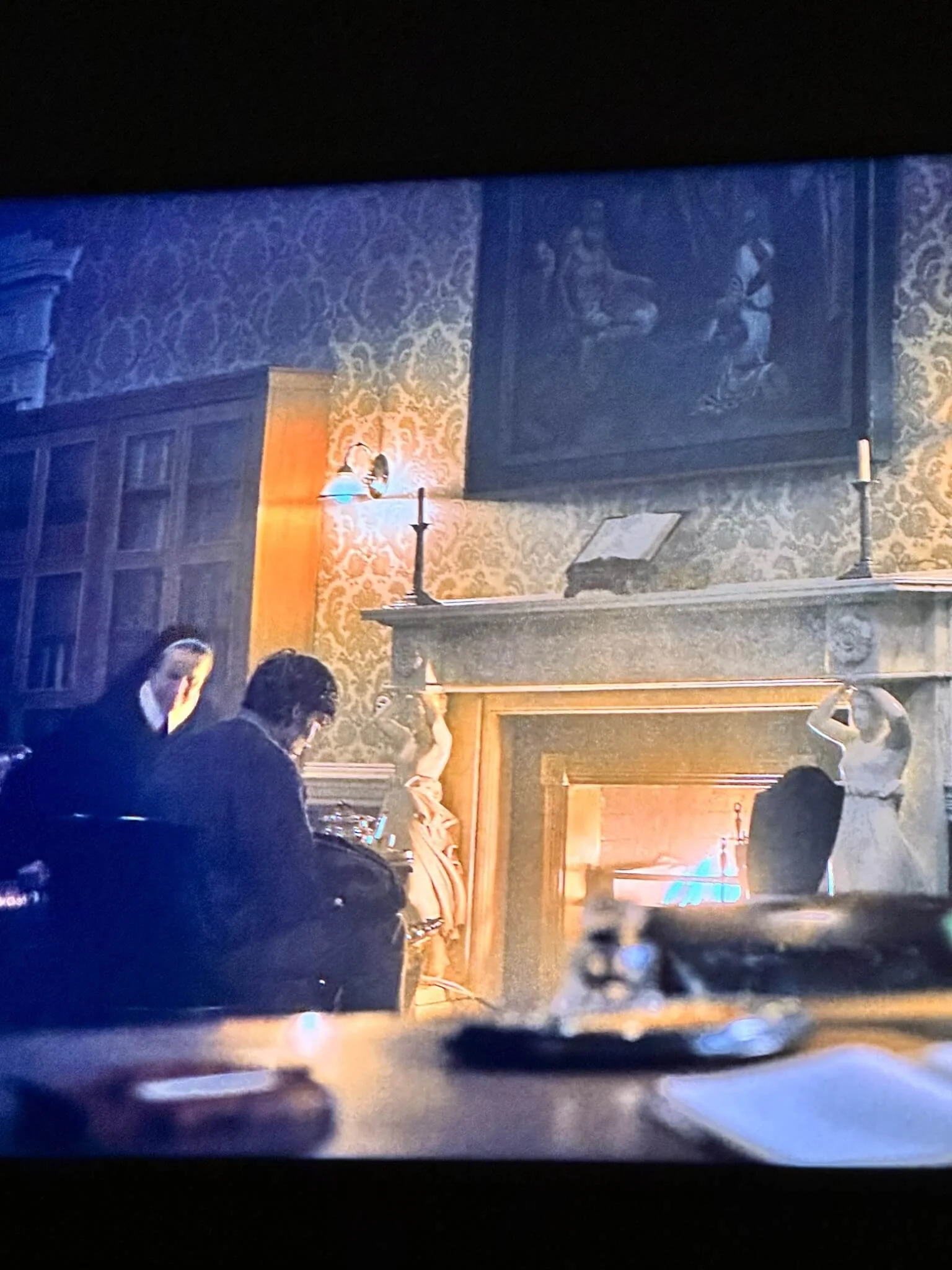Small Things Like These and the Hero Empath
Let’s start here: Small Things Like These might not be my favorite movie of 2024 anymore—The Brutalist and Anora edged it out after some recent rewatches—but it still holds a special place.
[SPOILERS BEYOND THIS POINT]
Cillian Murphy, Hero Empath
This is Cillian Murphy in peak form/ Not Oppenheimer Cillian, but something quieter and deeper. In Small Things Like These, he plays Bill Furlong, a man who doesn’t say much but feels everything.
He’s soft-spoken, watchful, and emotionally present in a way that’s rare to see in male characters, especially in stories rooted in darkness.
He’s raising five daughters. His world is soaked in female energy. And instead of resisting it, he absorbs it. It changes him. Makes him better. You can tell this is a man who listens, who pays attention, who has learned empathy from proximity. Not just to women, but to the lived reality of girlhood, of motherhood, of systemic harm.
The Wife, The Town, The System
There’s a moment where Bill’s wife essentially tells him he had it easy growing up because he was taken in by a wealthier woman. But the reason he was “taken in” at all was because his mother died when he was young. That kind of comment cuts deep—it’s not just dismissive, it’s emotionally tone-deaf and quietly brutal.
It says a lot about her character. She’s hardened by the town, shaped by a worldview built on silence and self-preservation.
She doesn’t want him asking questions or stirring things up. Her priority is survival: protect what they have, keep their name clean, don’t get involved.
She’s not a villain, but she is a product of a system that punishes courage and rewards complicity. And in a way, she represents the majority, those who see wrongdoing but won’t risk their own comfort to challenge it.
Her attitude reflects a kind of emotional austerity that’s become normalized in environments where speaking out can cost you everything.
But that’s what makes Bill’s internal conflict so powerful. He’s not just resisting institutional evil, he’s resisting the quiet pressure at home, too.
(Insert real-world context here: Gaza. Genocide. Complicity. Silence. You’re not taking crazy pills. You're noticing the pattern.)
Small Foxes of Evil
The horror in this film isn’t loud. It sneaks up on you. A nun says, “You must be disappointed you don’t have a son.” Bill disagrees. Not defensively, not performatively. Just a firm, quiet no.
The antagonists aren’t cartoon villains. They’re everyday people. The wife. The nuns. The church.
They represent what you might call the lil fox—tiny slights, subtle dismissals, cruel norms.
And over time, those small things compound into something massive, systemic, and deeply harmful.
Bill, meanwhile, delivers coal to the very institution that’s abusing these young women.
He’s literally fueling it, even as he starts to understand the depth of the wrongdoing. That’s what raises the stakes. He’s not an outsider. He’s inside the machine.
Why He Speaks Up
When Bill finally takes action, he doesn’t do it in secret, at least not fully. He saves the girl and brings her home during dinner, walking her directly into the heart of his family’s life.
We don’t see how they react. The film ends before that moment plays out. But the gesture says everything.
He’s not hiding what he’s done. He’s choosing to confront the consequences head-on, in front of the people he loves most. It’s an act of bravery not just in facing the institution, but in trusting that his family, even with their doubts and fears, will come to understand.
(Not to mention people are watching him as he walks her back to his home. They are literally coming out to their porches in awe watching as Bill shakes the status quo.)
You get the sense his daughters will get it first.
They’ve grown up in his presence, absorbed his quiet moral compass. The mother may take longer. But eventually, they’ll all get there. Because the choice he makes is rooted in love, not just for the girl he saves, but for the kind of world he wants his family to live in.
The film doesn’t just show the wrongdoing, it shows why this man, Bill, is the one who breaks the silence. He’s not a superhero. He’s not uniquely brave by nature. What he has is proximity.
He’s close enough to see the harm. And more importantly, he’s emotionally attuned enough to care.
He struggles to tell his family what he’s thinking. But in the end, he realizes something profound: they are part of the reason he’s able to understand in the first place.
Their love and perspective have built his courage.
In a world that trains people—especially men—to deflect, deny, and disassociate, that kind of character hits different.
Rating: 9.1/10 (recency bias, admittedly, but still accurate).



